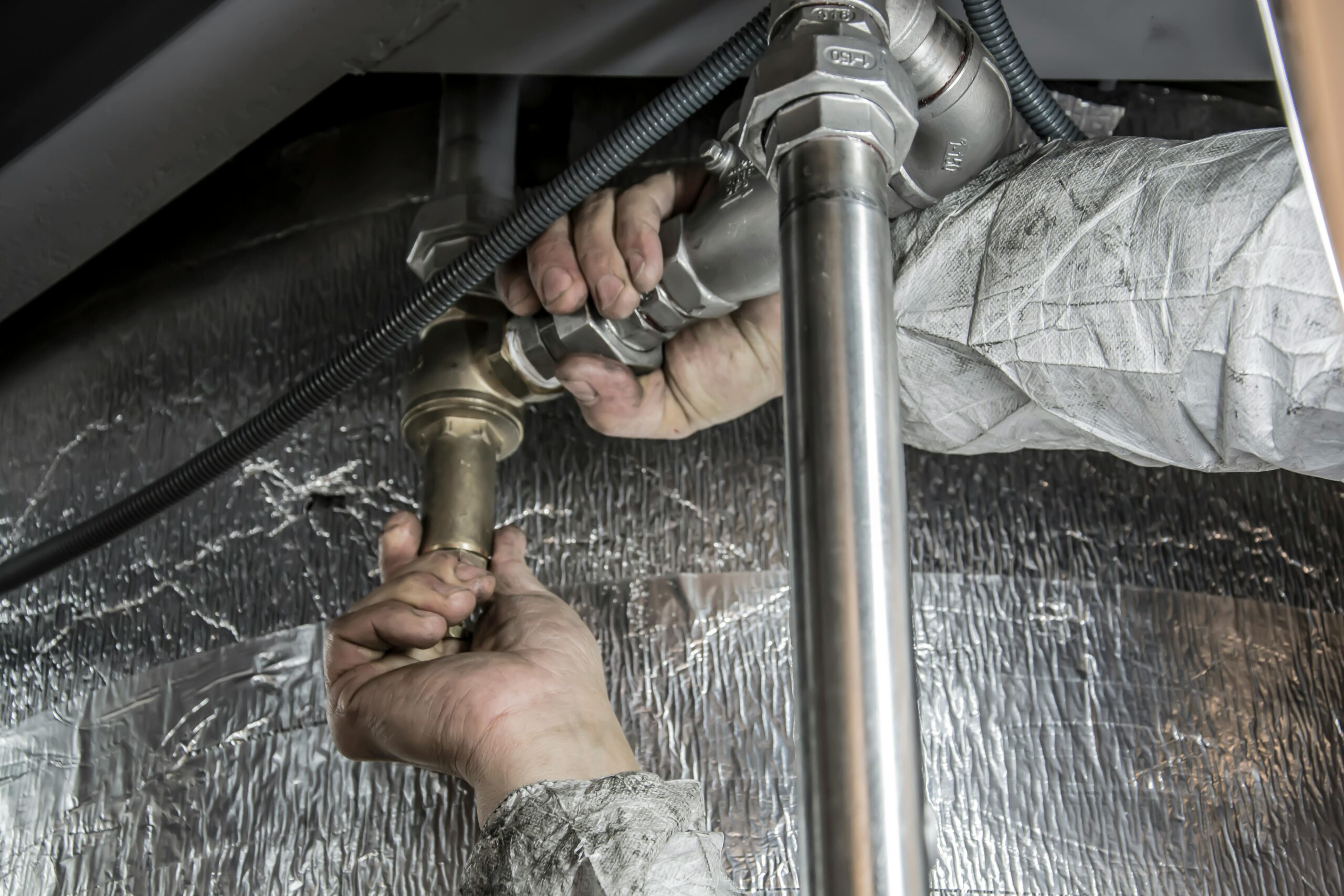In recent years, there has been a growing appreciation of the profound relationship between mental health and our work environment. Nowhere is this link more pronounced than in the construction industry, particularly with professionals like plumbers. This article focuses on the issues regarding mental health in the plumbing industry.
Mental Health in Plumbing
Mental health concerns represent a hidden crisis within the indispensable world of tradespeople. According to numerous studies, mental illnesses such as anxiety, depression, or stress-related disorders are remarkably prevalent among plumbers and other skilled workers involved in manual labor.
Stressors faced by Plumbers
The demanding physical labor coupled with long hours and frequently unpredictable work environments can provoke mental stress. Not forgetting the exposure to hazardous materials which can also cause psychological strain over time.
Why Mental Health Matters
Poor mental health extends beyond personal suffering. It could lead to increased absenteeism, lowered productivity, and even risks of severe physical injury due to lack of concentration or poor judgment resulting from mental strains.
Societal Stigma
A common barrier prolonging this issue is the societal stigma tied to mental health issues. Many plumbers hesitate to seek help fearing judgment or misunderstanding, often perceiving their distress as weakness.
Breaking the Silence
Creating an open dialogue about these problems is crucial to eradicating this stigma. Advocacy groups have begun initiatives promoting discussions on mental wellbeing at workplaces, like the Beyond Blue partnership with DansPlumbing.
The Role of Employers
Ensuring a mentally safe workplace is primarily the responsibility of the employers. From providing necessary training to offering support, the role an employer plays can significantly influence a worker’s mental health displacement.
Mental Health Services
Psychologists and therapists can help plumbers struggle with mental stress. Additionally, some organizations are specializing in offering mental health services specifically tailored for the plumbing industry.
Safeguarding Physical Health
Seeing how physical and mental health are intertwined, taking care of a plumber’s physiological wellbeing is also critical. Regular exercise, proper diet, and adequate rest go a long way in ensuring one’s overall health, including their mental stability.
The Power of Peers
Peer support groups offer an avenue for individuals to share their experiences and coping techniques with others experiencing similar issues. They instill a sense of community and understanding which could prove beneficial for some.
Mental Health Training
Implementing regular mental health training sessions serves multiple purposes. It offers guidance on how one can look after their wellbeing, facilitates discussion around this topic and aids in recognizing early signs of distress among peers.
Influence of Family and Friends
The family members and friends of plumbers can play a pivotal role in their mental health. From lending an ear to listening to their concerns or encouraging them to seek professional help when they need it.
Necessity of Rest
Maintaining a healthy work-life balance is essential for good mental health. Plumbers should prioritize getting adequate rest to prevent burnout. This enables them to perform at their best ability while maintaining psychological equilibrium.
Conclusion: Time for Change
Addressing mental health within the plumbing industry is admittedly challenging – as it would require dramatic changes in workplace culture, societal attitudes, and individual behaviors. But it remains a necessity. Shifting dynamics of workplaces to prioritize the holistic wellbeing of their workers is a beneficial move for all involved.

